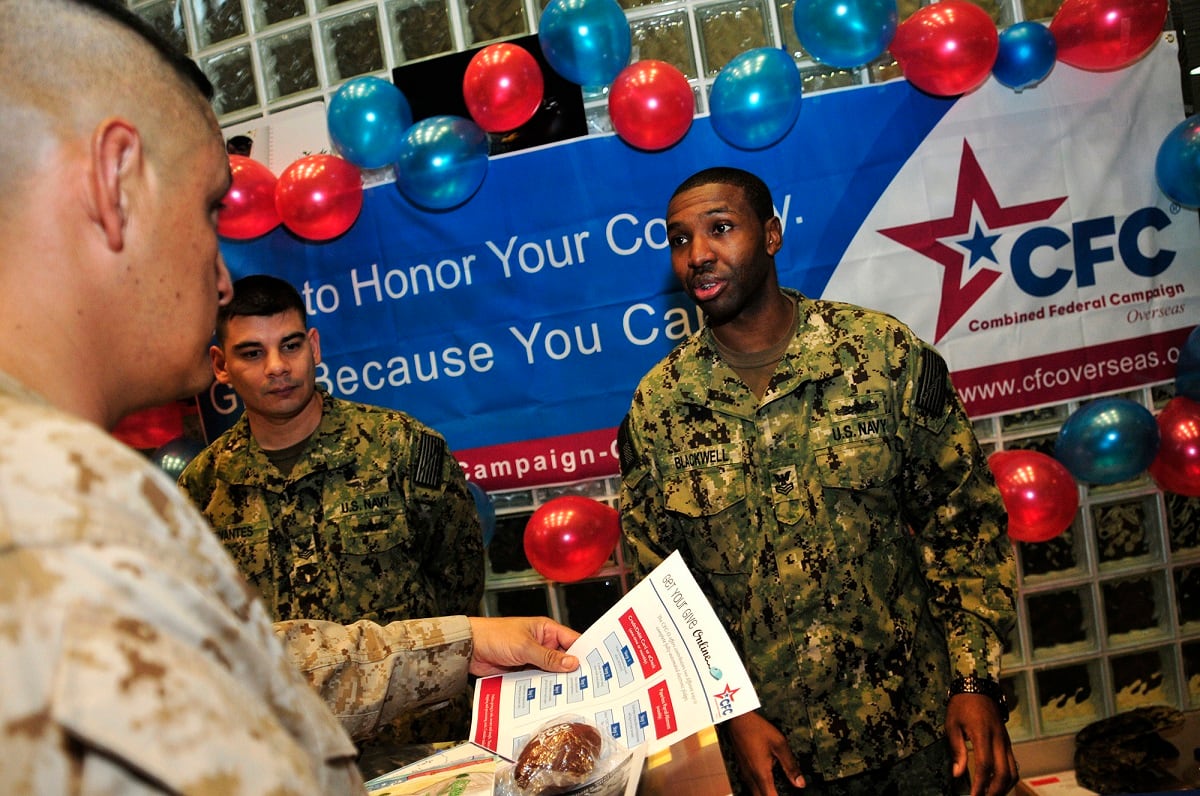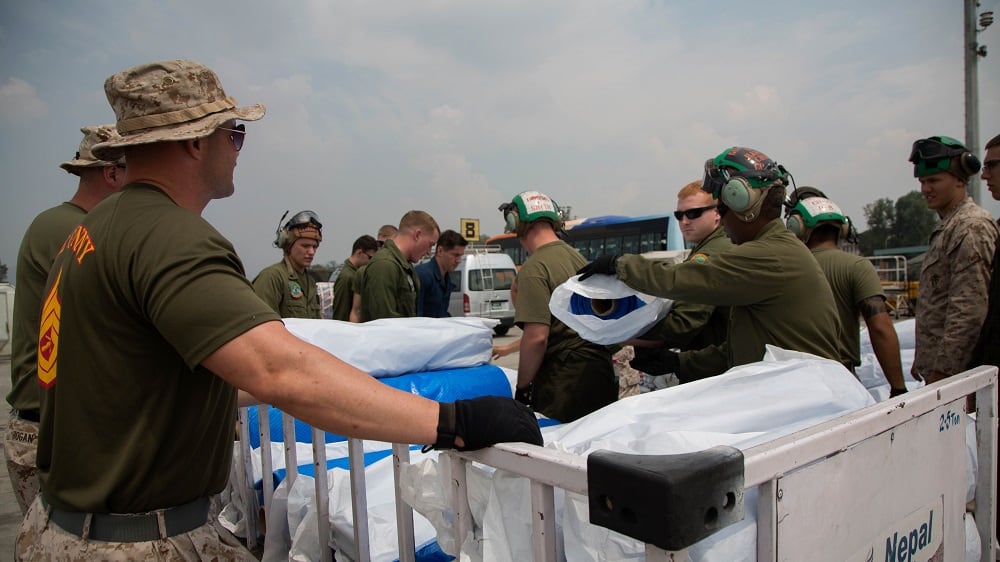The reasons donors choose charities to receive their contributions are as numerous as the donors themselves. It could be as simple as a service member or veteran seeking to support the military community, a donor who lost a loved one to disease helping others dealing with the same illness, or an animal lover finding a pet-friendly cause.
Combined Federal Campaign donors seeking military-related charities in the private sector can choose from 131 combined groups in two federations, the Military Family and Veterans Service Organizations of America, and Military Support Groups of America. But there are other charities whose activities intersect with the needs and interests of service members, veterans and military families.
Donors should “take a look at those traditional charities that have been here for the long haul that really do provide programs that recognize military service, recognize veterans’ service,” said Tom Bognanno, chief executive officer of the Community Health Charities foundation, whose 2,000-plus charities offer more than 700 individual veteran programs nationwide.
Programs include counseling services, as well as elder care assistance for aging veterans. National groups such as Autism Speaks, the Arthritis Foundation, the American Lung Association, the American Heart Association, the American Diabetes Association, the Sickle Cell Disease Association of America, the American Cancer Society, the Alzheimer’s Association and others are among the federation’s charities; there are also hundreds of chapters affiliated with those national organizations that serve local communities, some of which are also in the Combined Federal Campaign.
“Veterans have a variety of issues, not just confined to the time when they’re on active duty,” Bognanno said. “Once you leave that military base, come back home and are readjusting to [civilian] life, for most of these young men and women, they have 30, 40, 50 years of living left, and we enjoy continuing to work with them, continuing to meet the needs of those veterans as they get older, and encounter different disorders and situations.”
In the past, groups in the health federation may have focused primarily on chronic disease. But today many of the groups also focus on wellness, and well being, Bognanno said.
FOR ‘TOMORROW AND THE NEXT DAY’
Many of the established health-related charities also provide assistance to victims of natural disasters and mass shootings, though they may be overlooked by donors eager to help in the immediate aftermath.
“Think long term,” Bognanno said. “Think which organizations have programs in the CFC that you can contribute to that take care not just on the horrible day of the disaster and the day after. This is nothing about the American Red Cross — they do a very defined and excellent program. But what about six months afterwards? What about a year afterwards?”
One of the charities associated with the Community Health Charities is Samaritan’s Purse, which was in New Orleans five years after Hurricane Katrina, he said.
“If you want to help people in Puerto Rico and Texas, consider which of those charities actually have programs that are going to help them rebuild their lives, help them get a job, help them find kidney dialysis or Alzheimer’s centers … which of those charities are going to be there tomorrow and the next day, and perhaps have programs designed for veterans.”
RELATED

CFC BASICS
This year’s CFC pledging season started Oct. 2, a month later than in previous years, to give local CFC campaigns more time to implement changes in the nationwide campaign. The pledge season ends Jan. 12.
Each local campaign determines the time period during that window of time that they will carry out their fundraising campaigns. CFC is the only authorized solicitation of federal employees in their workplaces on behalf of approved charities.
This year, a new aspect of the CFC is that donors can also pledge their volunteering time, not just their dollars. Other changes include the ability to solicit donations from military retirees and federal annuitants, and a new centralized giving portal that allows donors to make their CFC pledges online.
Karen has covered military families, quality of life and consumer issues for Military Times for more than 30 years, and is co-author of a chapter on media coverage of military families in the book "A Battle Plan for Supporting Military Families." She previously worked for newspapers in Guam, Norfolk, Jacksonville, Fla., and Athens, Ga.




